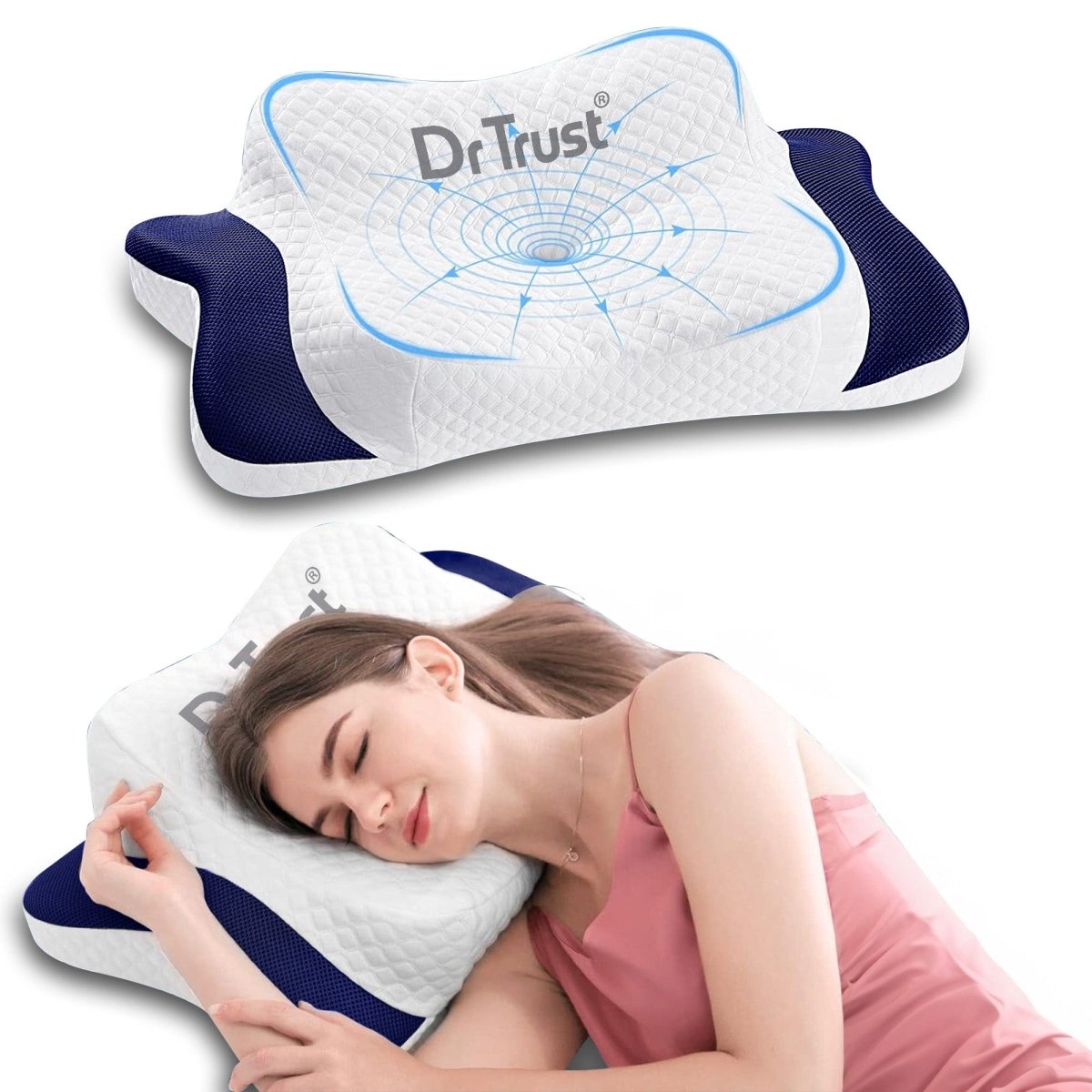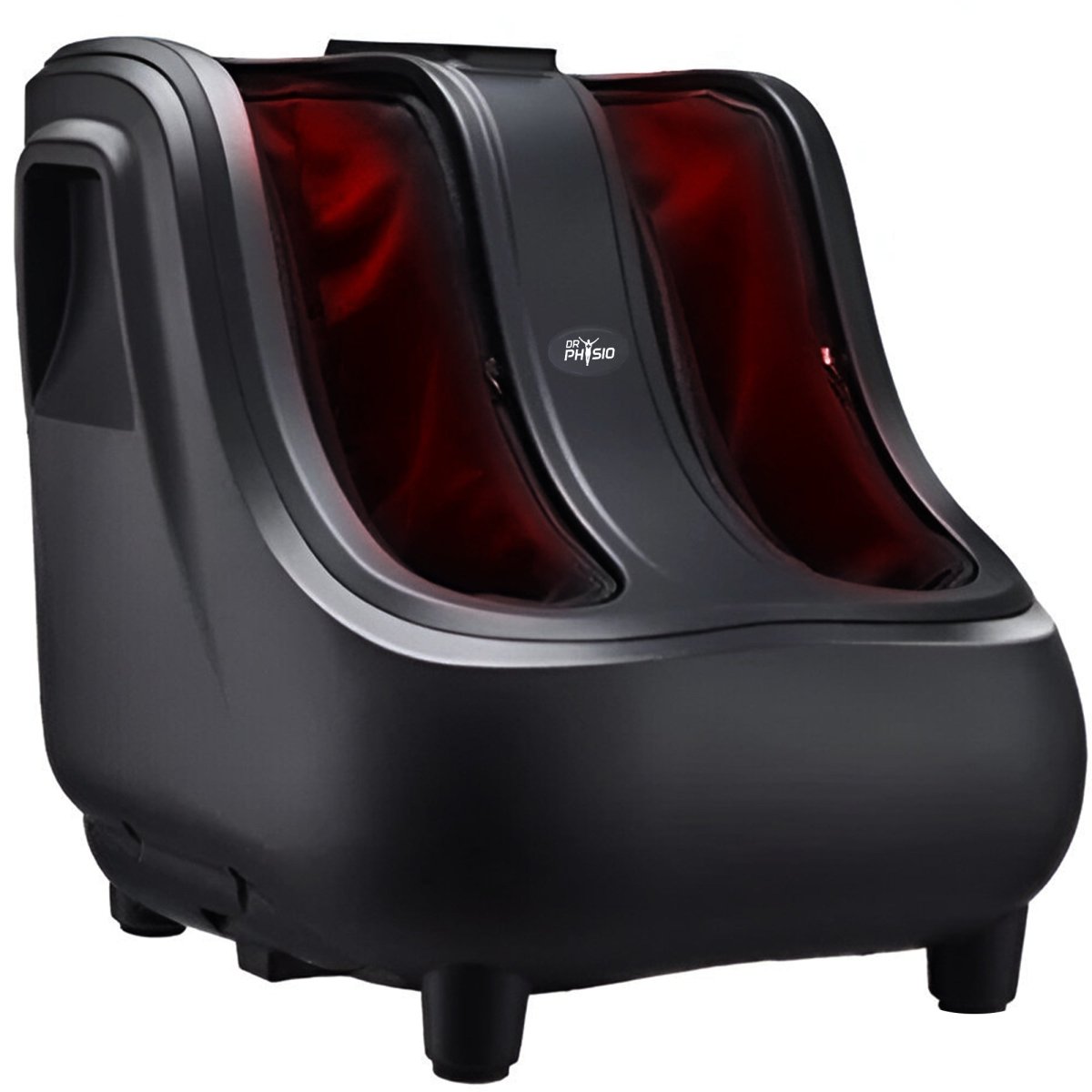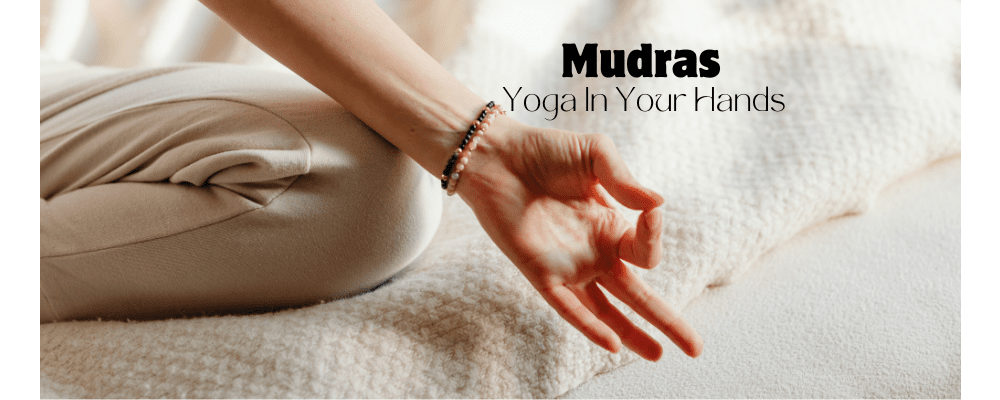Camping and hiking offer fantastic opportunities to connect with nature, stay active, and enjoy the outdoors. However, for individuals with cardiovascular conditions, it's essential to take specific precautions to ensure these activities remain safe and enjoyable. Here's a comprehensive guide on managing heart health while hiking and camping.
⚠️❗Beware of High Altitude Risks
❗Heart Problems and High Altitude: Activities at high altitudes can be risky for people with high blood pressure or certain heart conditions (American Heart Association).
❗ Sudden Cardiac Arrest: Intense physical activity, especially without proper familiarization and hydration, can cause sudden cardiac arrest. It can occur without warning and be fatal within minutes (American Heart Association).
❗Cardiac Arrest in the Outdoors: Cardiac arrest is the third leading cause of death in outdoor settings, accounting for half of all mountain-climbing fatalities (American Heart Association).
Despite these risks, you don't need to avoid hiking. Here’s how to lower your risk factors both before and during hiking:
Essential Tips for a Safe Trip
1.Consult Your Doctor Before You Go
Before setting out on any outdoor adventure, consult your healthcare provider. They can offer a personalized assessment of your fitness level, suggest necessary adjustments to your plans, and ensure your heart condition is well-managed. Discuss your itinerary, altitude, and the physical demands of your trip to receive tailored advice.
2.Know Your Family History
Knowing your family's medical history can help prevent heart disease and stroke. If a parent or sibling had heart disease before age 55 (men) or 65 (women), you’re at higher risk. Visit a cardiologist before engaging in strenuous activities (National Institutes of Health).
3.Start Preparing Your Body Early
Walking strengthens cardiovascular health and muscles used in hiking. Adjust your mileage goals based on age and fitness. Under-fit hikers are 27% more likely to suffer sudden cardiac arrest (American College of Cardiology).
4.Pack Necessary Medications and Health Monitoring Devices
Proper preparation is key to safety on the trail. Here’s what to pack:
- Medications: Bring all prescribed medications, including emergency ones like nitroglycerin. Keep them in a waterproof, easily accessible container.
- First Aid Kit: Include a well-stocked kit with supplies for minor injuries and common medical issues.
- Emergency Devices: To help monitor your health and ensure safety, consider carrying a wearable fitness tracker and BP monitor especially if you have a history of hypertension. Regular checks can help avoid complications. While for emergencies in areas without cell service, a PLB can be a lifesaver, allowing you to call for help if needed.
5.Pace Management: Know Your Limits
Proper pace management is crucial for heart health while hiking. Begin with shorter, less strenuous hikes and gradually increase the difficulty as your fitness improves.
- Monitor Your Heart Rate: Use a heart rate monitor to track your pulse. Aim to stay within a safe heart rate zone, which your doctor can help you determine.
- Rest Often: Take regular breaks to prevent overexertion. Use these breaks to hydrate and assess how you’re feeling.
- Listen to Your Body: If you experience dizziness, shortness of breath, or unusual fatigue, it’s time to rest. Don’t push through discomfort, as this can be dangerous for your heart.
6.Recognize Symptoms of Heart Issues
Recognizing early signs of heart trouble is critical. Watch for symptoms such as:
- Chest Pain or Discomfort: This could signal angina or a heart attack.
- Shortness of Breath: Difficulty breathing, especially at rest, can indicate heart problems.
- Irregular Heartbeat: Noticeable changes in your heartbeat should be taken seriously.
- Lightheadedness or Fainting: These symptoms can indicate inadequate blood flow to the brain.
- Unusual Fatigue: Excessive tiredness with minimal exertion is a warning sign.
If you experience any of these symptoms, stop your activity immediately and seek medical help.
7.Stay Hydrated and Eat Healthily
Proper hydration and nutrition are essential for cardiovascular health:
- Hydration: Dehydration can strain your heart. Carry enough water and drink regularly, even if you don’t feel thirsty.
- Healthy Snacks: Pack heart-healthy snacks like nuts, fruits, and whole grains. Avoid high-sodium foods which can raise blood pressure.
- Balanced Meals: Plan meals with a balance of carbohydrates, proteins, and fats to maintain stable energy levels.
8.Be Prepared for Weather and Terrain
Weather conditions and terrain can impact your heart health. Avoid extreme temperatures, as both hot and cold weather can increase strain on your heart. Wear layered clothing to adjust to changing conditions. Use moisture-wicking fabrics to stay dry. Choose trails that match your fitness level. Avoid overly steep or rugged terrain that can be physically demanding.
9.Health Monitoring: An Essential Practice
Continuous health monitoring provides real-time insights into your condition:
- Use Health Apps: Many apps can help monitor your heart rate, track physical activity, and log symptoms.
- Regular Check-ins: Set intervals to stop and assess your health. Check your pulse, hydration levels, and overall well-being.
- Share Your Plans: Inform someone of your route and expected return time. This ensures help is available if needed.
For enhanced safety and convenience, consider using Dr Trust health monitoring devices. These devices fit easily in your camping gear, offering peace of mind and essential health monitoring while enjoying the outdoors.
This wearable tracks your heart rate, steps, and activity levels. It's an excellent tool for monitoring exertion and staying within safe limits. The tracker syncs with health apps for comprehensive data analysis.
A portable blood pressure monitor is invaluable, especially with a history of hypertension. Regular checks can help avoid complications. For compact and easy to use accurate BP machines click here.
Camping and hiking with a cardiovascular condition require extra planning and vigilance, but they are entirely feasible with the right precautions. Remember, the goal is to enjoy nature while keeping your heart health a top priority.
Happy trails!













